The Romanian Carpathians - Love at Second Sight
Argitaratu: 19.08.2023
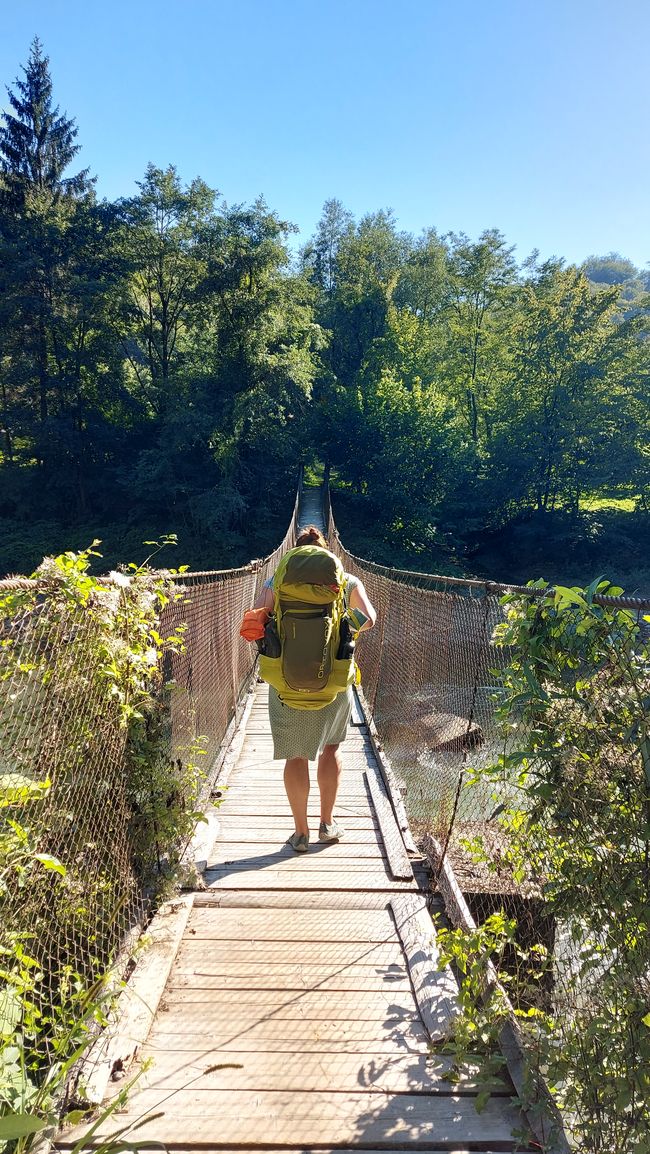
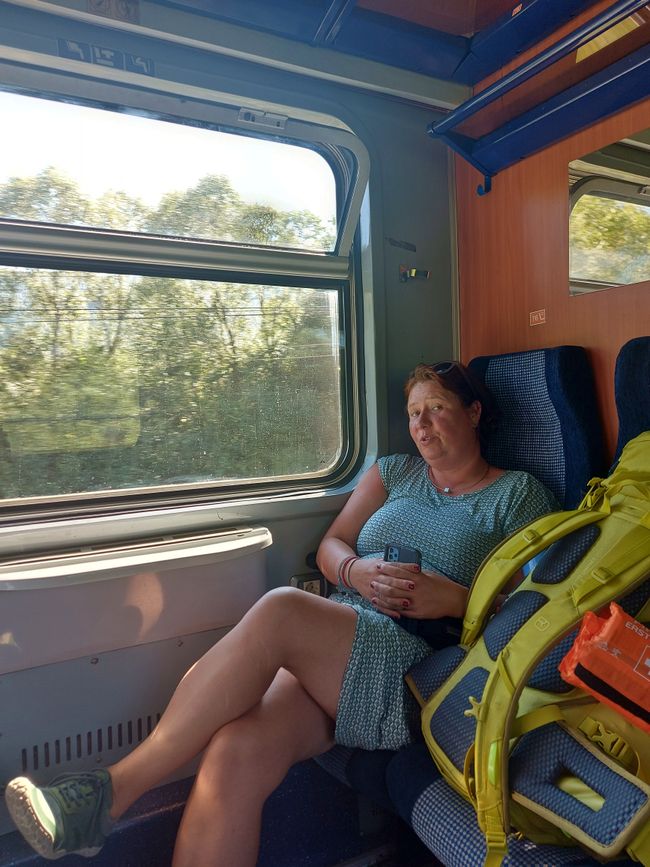
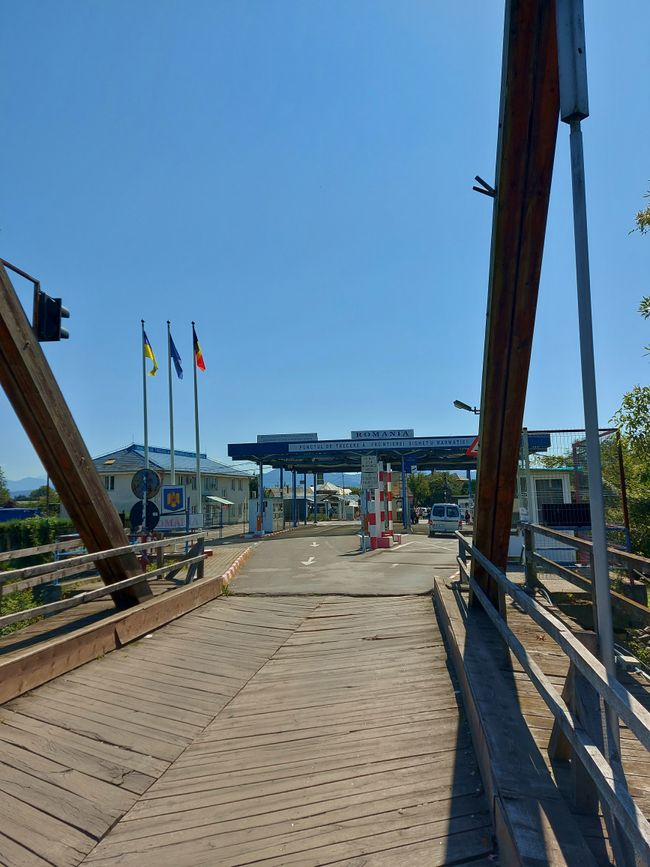
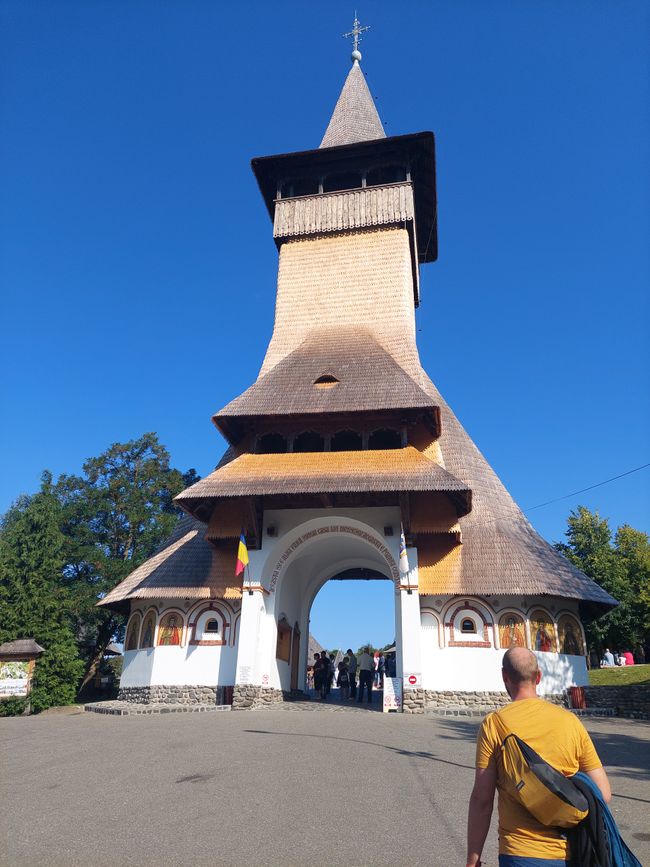
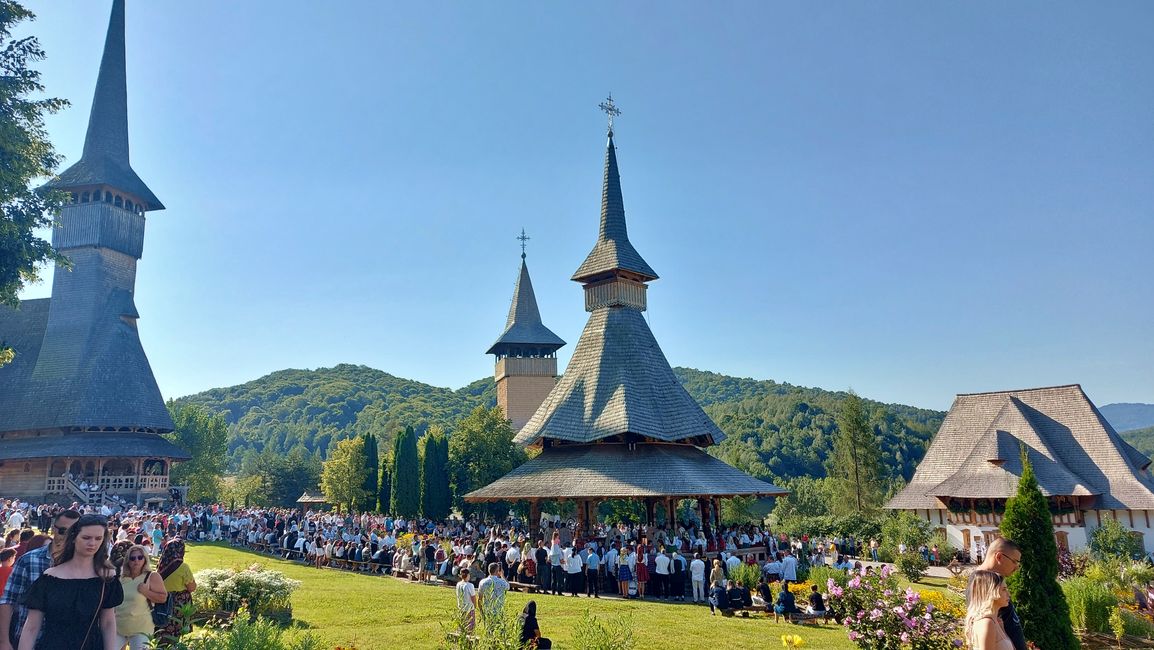
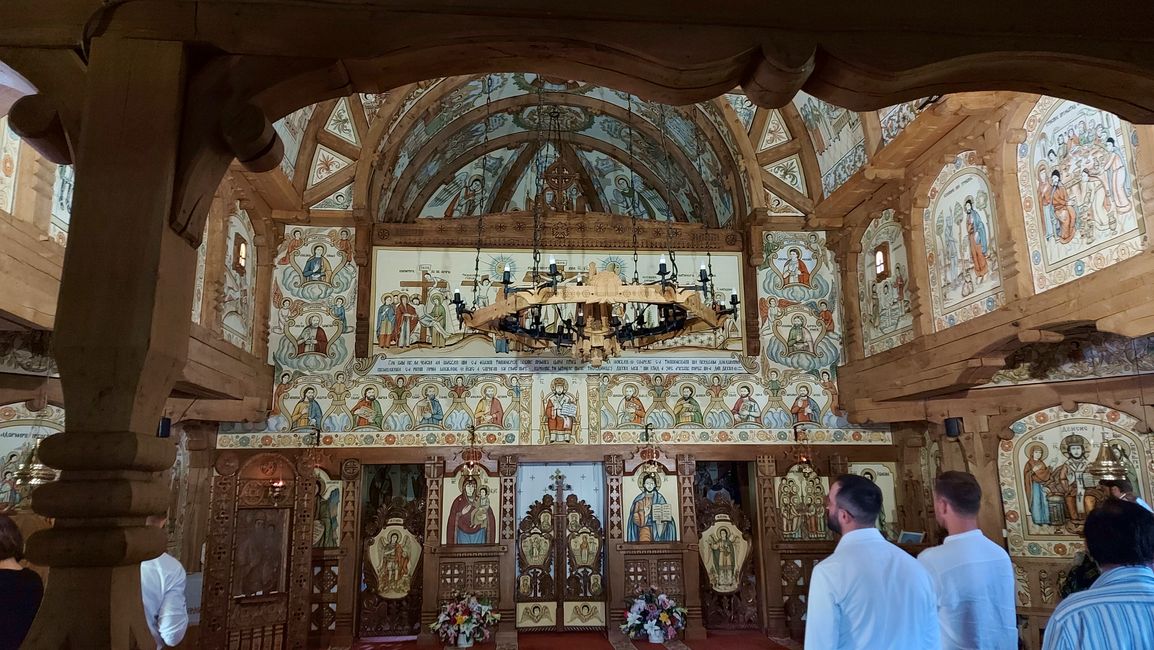
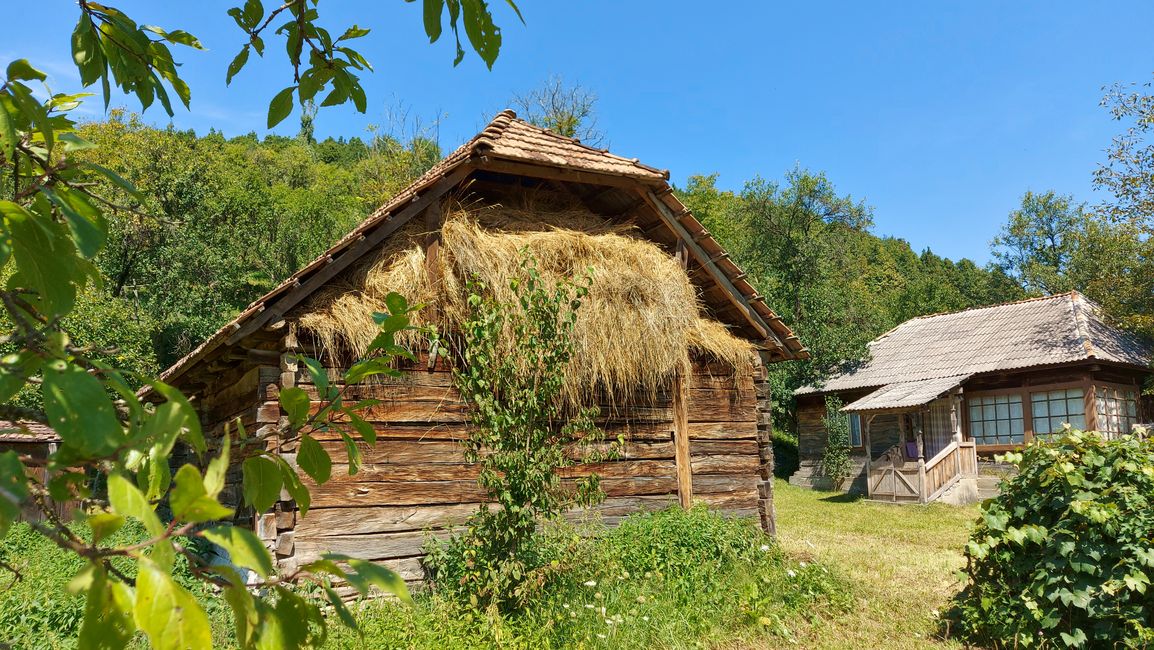
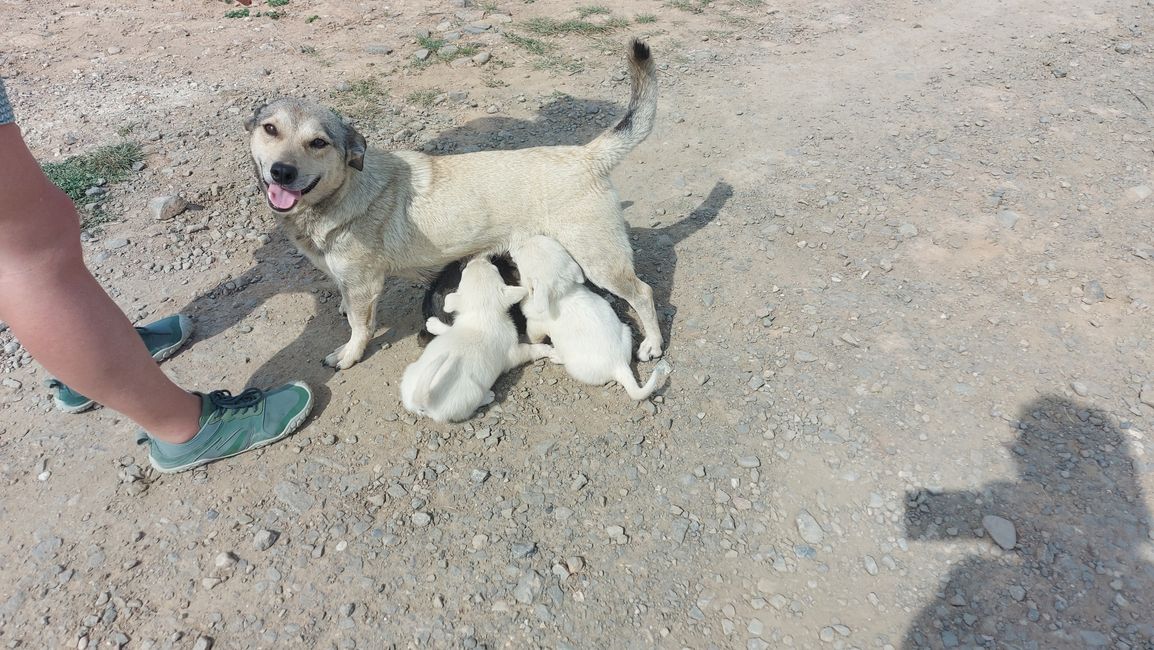
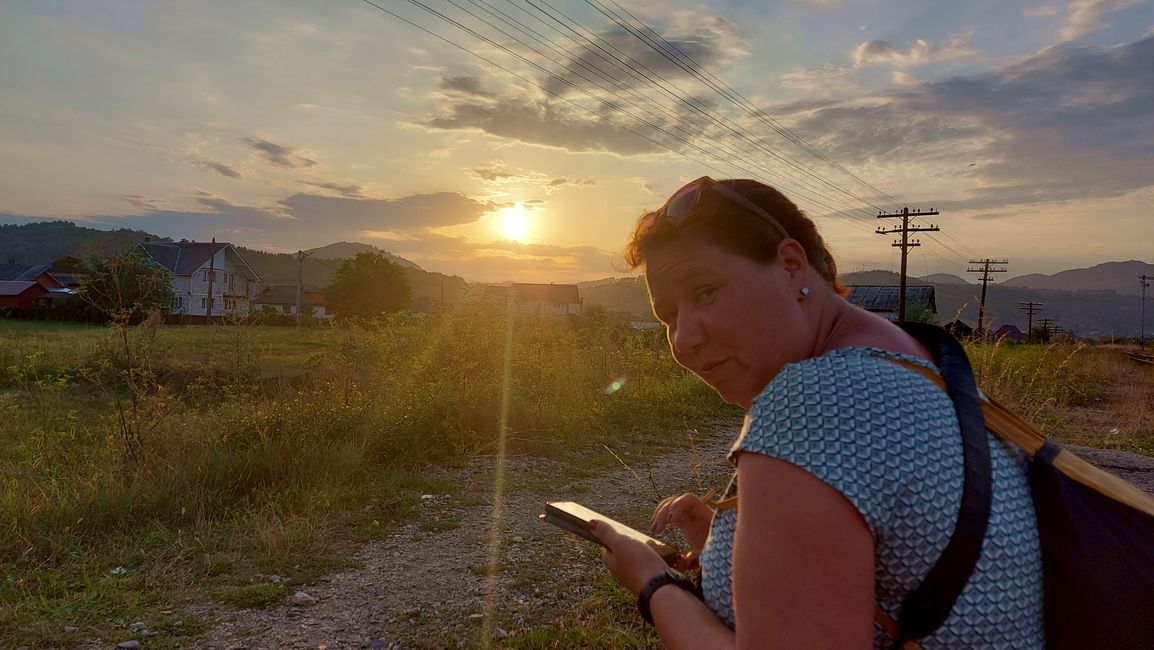
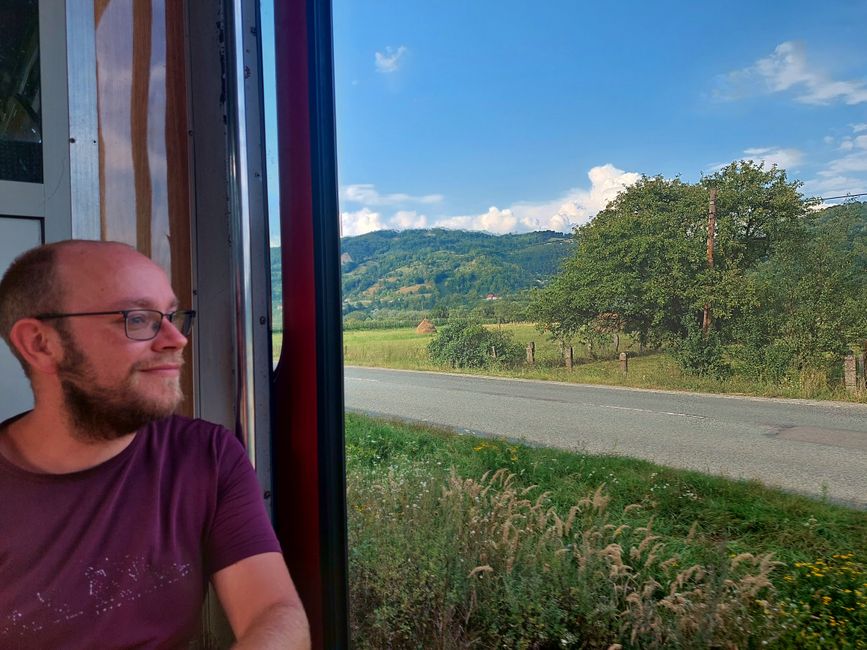
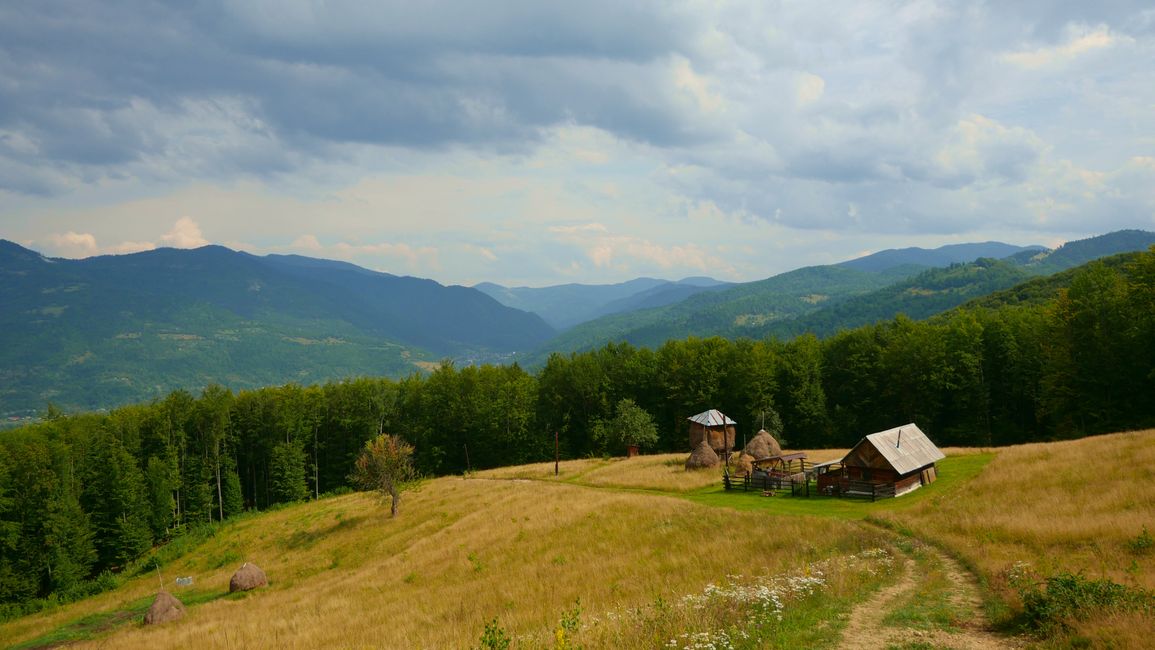
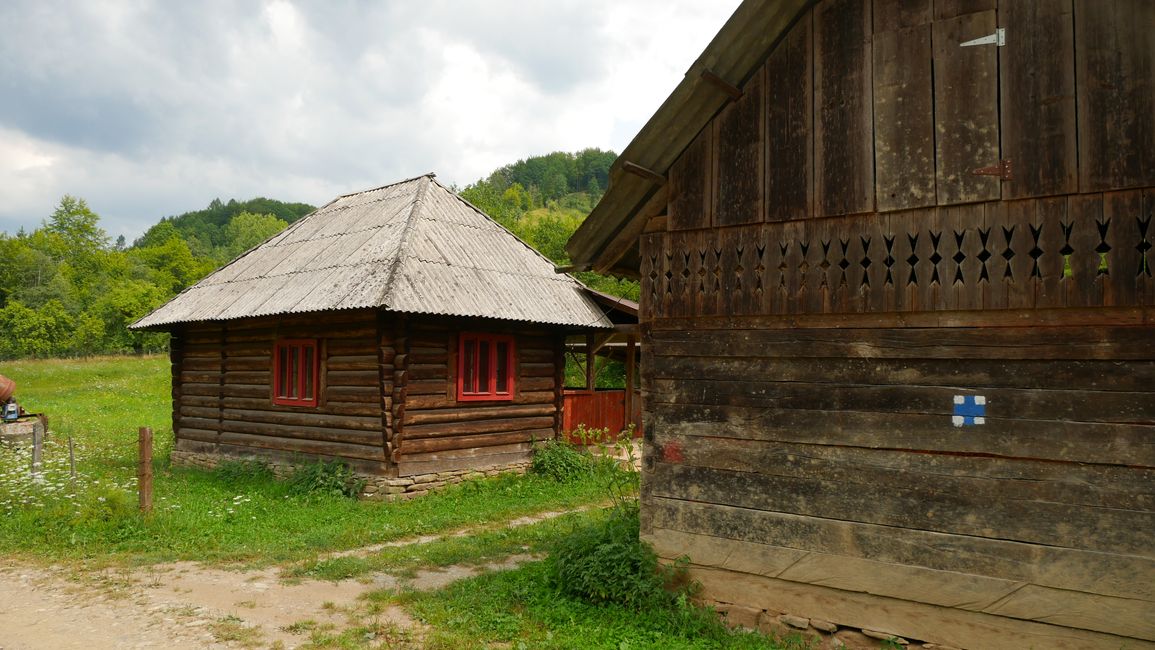
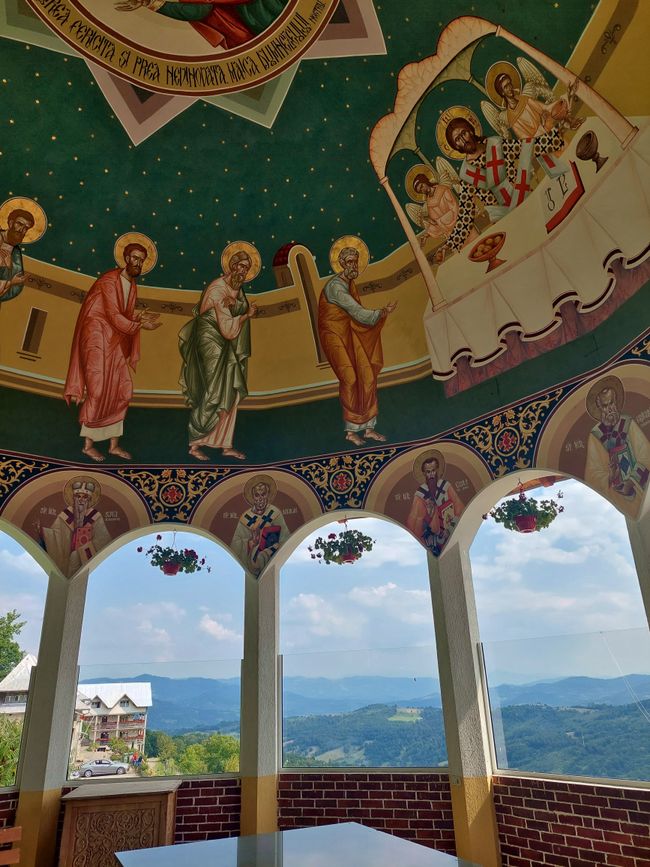
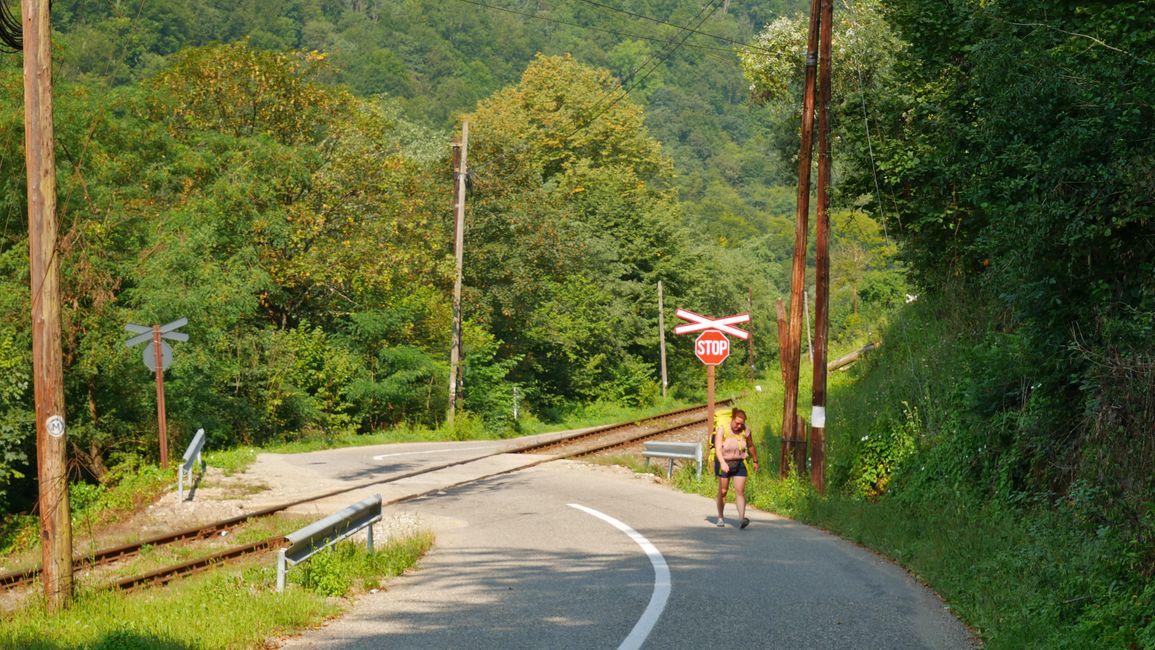
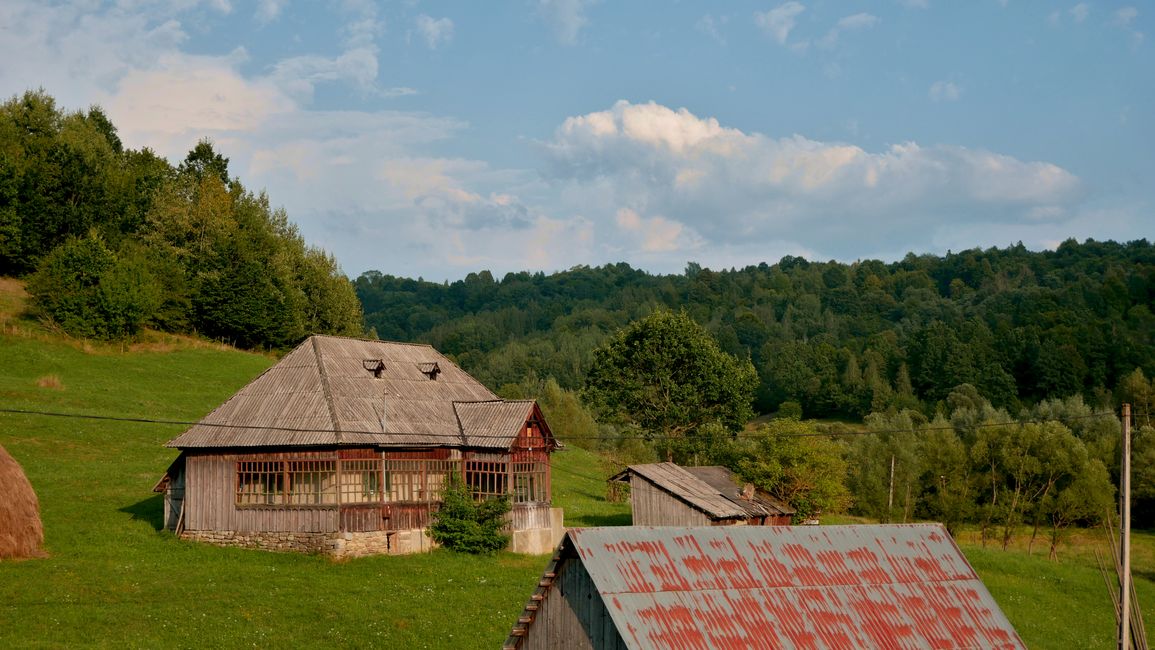
Harpidetu Buletinera
Romania initially gave us a questionable welcome in the far north. At the border train station, contrary to our previous experiences in the East, they were only partially willing to help us; the surroundings seemed dirty and, above all, heartless; we searched in vain for a bus that could shorten our waiting time; we had to carry our backpacks through the city for several kilometers under the blazing sun, and when we finally arrived at our accommodation in the evening, it took some Pálinka (traditional Romanian fruit brandy) to warm up with the host, despite the summery temperatures.

Two years ago, we were already traveling in Romania. But then we were accompanied by our friends and were in Transylvania by car. Everything was fine there, the villages tidy, the landscape idyllic, and everyone was nice and helpful. So where had we ended up now?

We wanted to explore the Carpathian Mountains in northern Romania and at least visit a monastery in Moldova. In addition, a break was on the program again, because in the last two weeks we have constantly collected new impressions, but saved on rest days. However, these are occasionally needed: to wash laundry in peace, to really do yoga again, to process emails, or to sort thoughts.

After a short time, we found the Romania that we remembered. After a few Pálinkas, not only did the host warm up, but we also made friends with a Romanian family who were on vacation here for a week and took us to Bârsana Monastery on the Feast of the Assumption. That was a real celebration! Thousands of locals, many in traditional costumes, came together to pray, sing, confess, and submit wishes to the kingdom of heaven. We were impressed, both by the dreamlike setting and by the craftsmanship with which the monastery has been rebuilt since the Wende (the Romanian Revolution). The suppressed faith in socialism is experiencing a renaissance here, especially in rural areas.

Without our Romanian friends, we would probably have only realized at the platform edge that this high holiday was imminent for the Orthodox-dominated country, because the train with which we actually wanted to take a trip on that day does not operate on public holidays.

Since we can't resist climbing the surrounding mountains, we have explored several forestry roads that are not listed on any map, walked through villages that are usually only accessible by horse or off-road vehicle, and quickly made up with Romania - not least because of the great landscape, delicious food, and Romanian grandmothers, whom you simply have to love, even if you don't share a common language.

The country is undergoing social and political change, the old order in the villages with extremely hardworking farmers, well-kept cultural landscapes, caring animal husbandry, and small shops (never without a bench for a chat) meets places that have not yet found their new framework, and countless Romanians in cars with foreign registration plates who earn their money elsewhere. The balancing act between tradition and change has not yet been found.
Robert
Harpidetu Buletinera
Erantzun
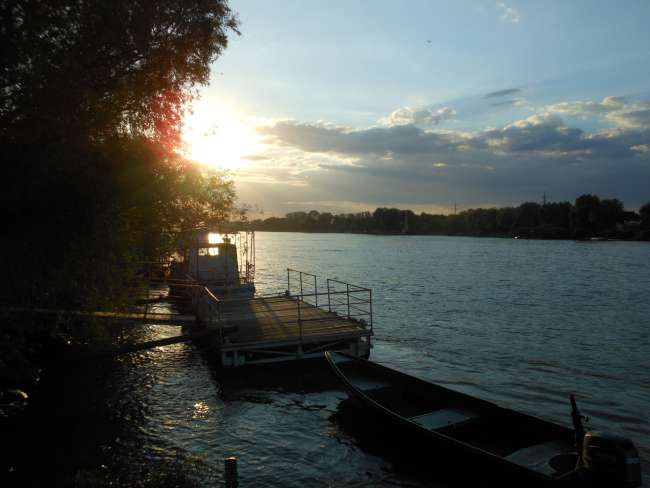
Bidaien txostenak Errumania

